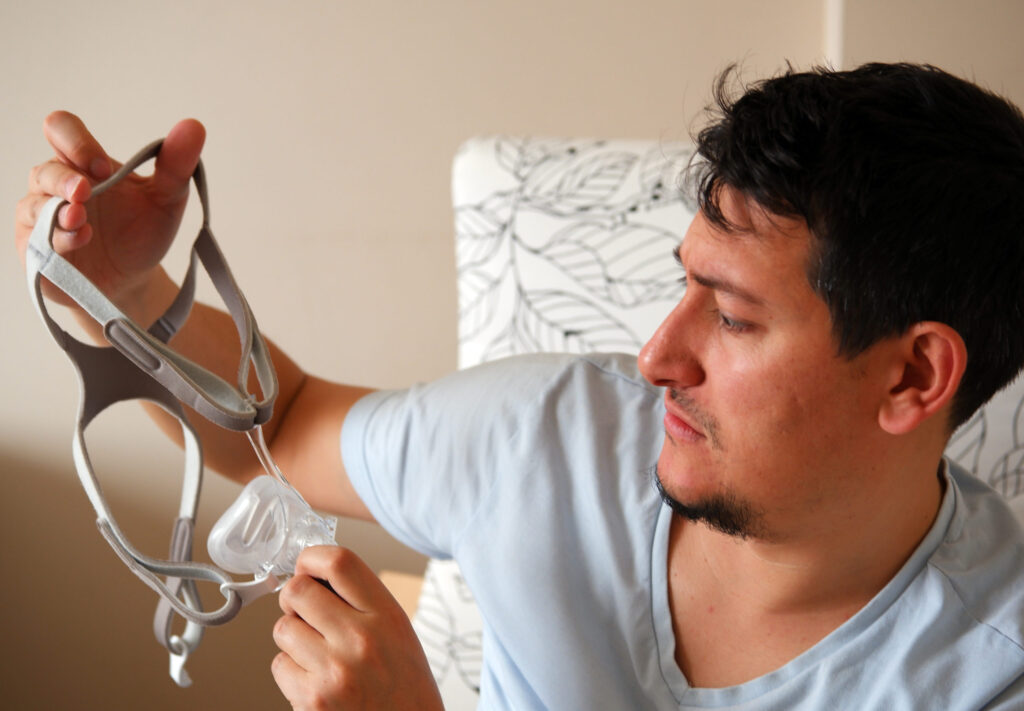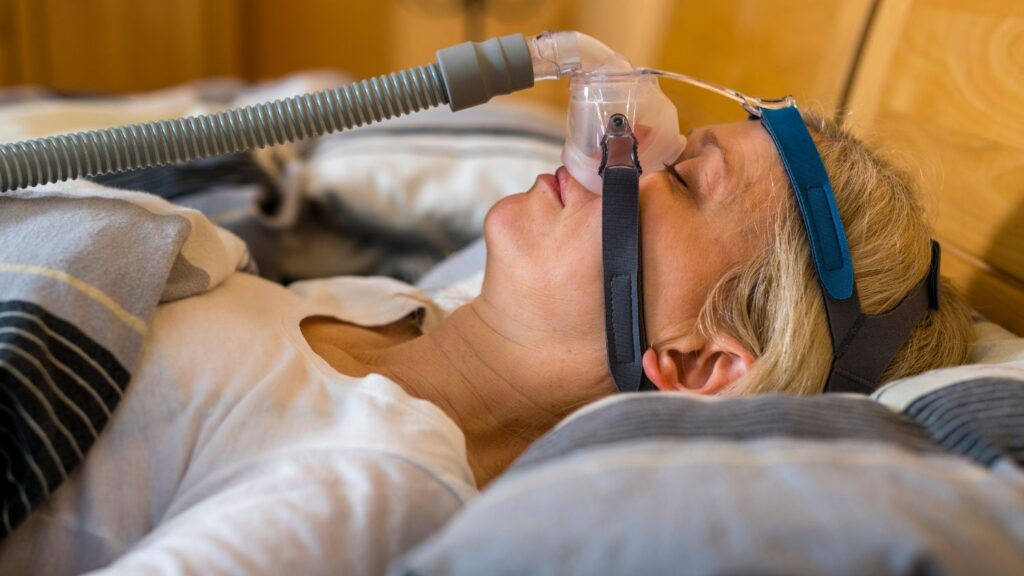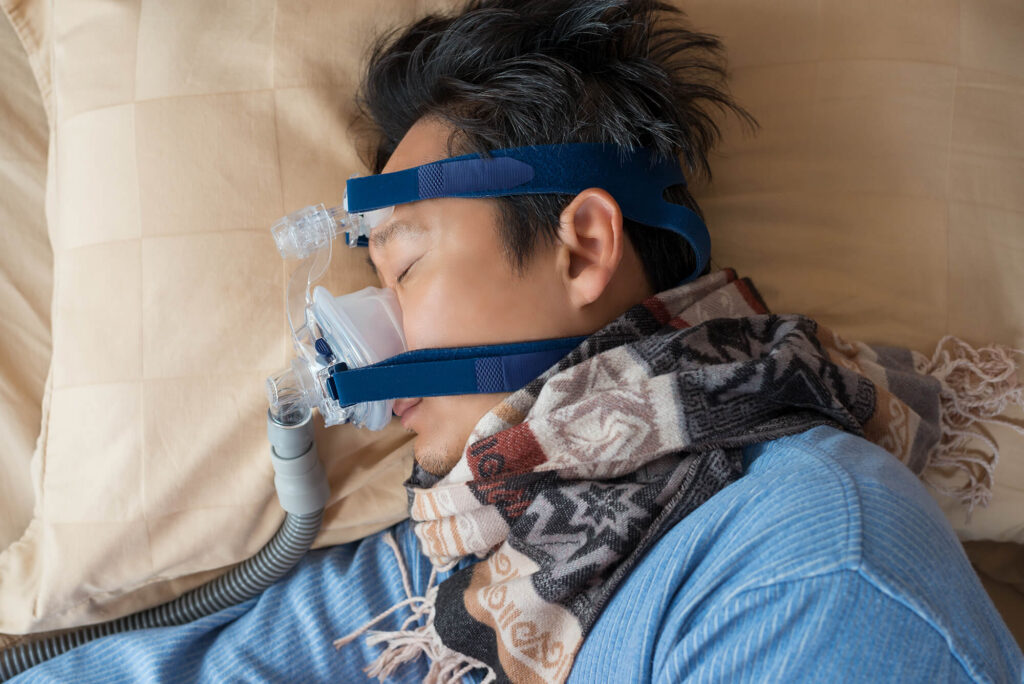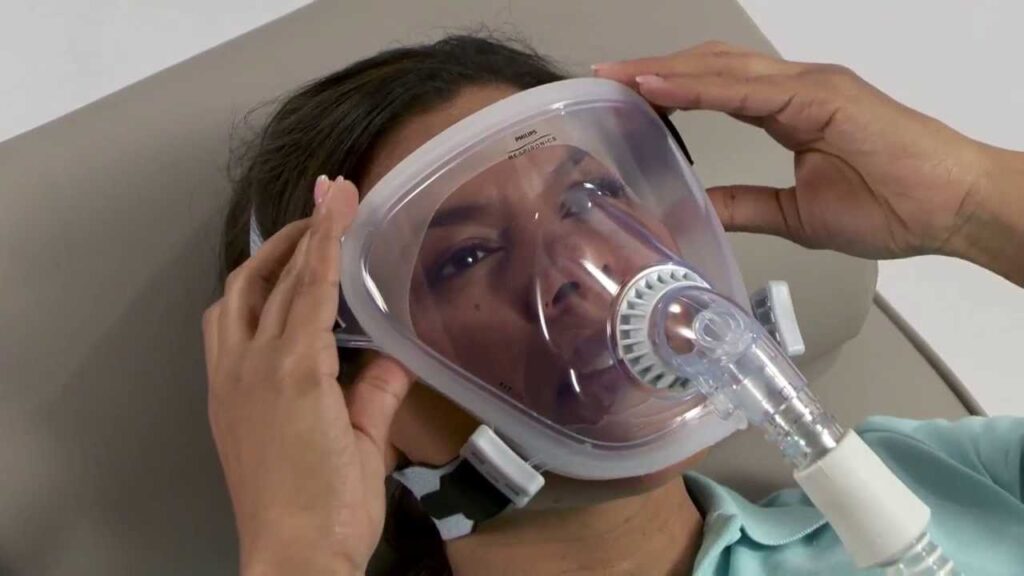Respiratory care is a crucial aspect of maintaining overall health and well-being. For those who suffer from sleep apnea, personalized care is especially essential. Today, we will explore the importance of personalized respiratory care and how CPAP masks play a vital role in this process.
Additionally, we will delve into different types of CPAP masks, factors to consider when choosing one, buy cpap mask, the process of personalizing your mask, and how to overcome common challenges. Read on to discover how you can find your perfect fit with CPAP masks.
Understanding the Importance of Personalized Respiratory Care
Personalized respiratory care goes beyond a one-size-fits-all approach. It recognizes the uniqueness of each individual’s needs and tailors treatment accordingly. When it comes to sleep apnea, personalized care can significantly improve sleep quality, overall health, and quality of life.
Imagine a world where everyone received the same treatment for their respiratory conditions, regardless of their specific needs. This one-size-fits-all approach would fail to address the diverse factors that contribute to respiratory health. Thankfully, personalized respiratory care has emerged as a game-changer in the field, revolutionizing the way we approach treatment. Click here to explore the latest CPAP mask technology.
By taking into account a person’s medical history, lifestyle, and individual preferences, personalized respiratory care ensures that each patient receives the most effective and appropriate treatment. This tailored approach not only enhances the effectiveness of therapy but also improves patient satisfaction and compliance.

The Role of CPAP Masks in Respiratory Care
CPAP masks are an integral part of the treatment for sleep apnea. By delivering a continuous positive airway pressure, CPAP masks help keep the airway open, preventing interruptions in breathing during sleep. They play a crucial role in facilitating proper airflow, which is vital for maintaining healthy respiratory function.
When it comes to CPAP masks, one size does not fit all. The shape of a person’s face, the size of their nostrils, and their individual comfort preferences all come into play when selecting the right mask. Personalized respiratory care takes these factors into account to ensure that CPAP masks fit properly, are comfortable to wear, and provide optimal therapy.
Furthermore, technological advancements have led to the development of a wide range of CPAP mask options. From nasal masks to full-face masks, there are now choices available to suit different needs and preferences. Personalized respiratory care considers these options and guides patients in selecting the most suitable mask for their individual requirements.
Why Personalized Care Matters in Respiratory Health
Each person has unique facial features, comfort preferences, and medical considerations. Personalized respiratory care takes these factors into account to ensure that CPAP masks fit properly, are comfortable to wear, and provide optimal therapy. It recognizes that what works for one person may not work for another, and tailors treatment accordingly to achieve the best outcomes.
Moreover, personalized respiratory care extends beyond the selection of CPAP masks. It encompasses a comprehensive approach to respiratory health, considering factors such as lifestyle modifications, breathing exercises, and continuous monitoring of treatment progress. By addressing the individual needs of each patient, personalized care maximizes the chances of successful treatment outcomes.
It is important to note that personalized respiratory care is not limited to sleep apnea alone. It applies to a wide range of respiratory conditions, including chronic obstructive pulmonary disease (COPD), asthma, and bronchitis. By tailoring treatment plans to the specific needs of each patient, personalized care optimizes respiratory function and improves overall well-being.
Exploring Different Types of CPAP Masks
CPAP masks come in various types, each with its own advantages and considerations. Let’s take a closer look at the three main types:
Full Face Masks
Full face masks cover both the nose and mouth, making them an excellent choice for individuals who breathe through their mouths during sleep or those who experience nasal congestion. They provide a secure seal and ensure consistent airflow, promoting effective therapy.
One of the key benefits of full face masks is their ability to accommodate different sleeping positions. Whether you sleep on your back, side, or stomach, a full face mask will stay securely in place, ensuring that you receive the necessary air pressure throughout the night.
Additionally, full face masks often come with adjustable headgear and straps, allowing you to customize the fit to your specific needs. This feature is particularly useful for individuals with different facial structures, ensuring a comfortable and secure fit.
Another advantage of full face masks is their ability to minimize air leaks. The design of these masks ensures that the airflow is directed towards the nose and mouth, reducing the likelihood of leaks that can compromise the effectiveness of the therapy.
Nasal Masks
Nasal masks, as the name suggests, cover only the nose. They are a popular option for those who breathe primarily through their noses. Nasal masks are lighter and less invasive compared to full face masks, making them a comfortable choice for many users.
One of the main advantages of nasal masks is their compact design. They are generally smaller and less bulky than full face masks, allowing for greater freedom of movement during sleep. This can be particularly beneficial for individuals who tend to shift positions frequently throughout the night.
In addition to their compact size, nasal masks often feature a minimalist design that promotes a clear field of vision. This means that you can comfortably read, watch TV, or wear glasses while wearing the mask, enhancing your overall sleep experience.
Furthermore, nasal masks are known for their quiet operation. The airflow is directed solely through the nose, resulting in reduced noise levels compared to full face masks. This can be especially advantageous for light sleepers or individuals who share a bed with a partner.

Nasal Pillow Masks
Nasal pillow masks are the least intrusive type of CPAP mask. They consist of small, soft pillows that fit into the nostrils, providing a comfortable and lightweight option. Nasal pillow masks work well for individuals who prefer minimal contact with their face while achieving effective therapy.
One of the primary benefits of nasal pillow masks is their versatility. The small size and minimalistic design make them an ideal choice for individuals who travel frequently or have limited storage space. They are easy to pack and require minimal maintenance, making them convenient for on-the-go use.
Furthermore, nasal pillow masks are known for their excellent seal and stability. The pillows are designed to fit snugly into the nostrils, ensuring that the airflow is directed accurately and effectively. This promotes optimal therapy and reduces the risk of air leaks.
Another advantage of nasal pillow masks is their compatibility with various CPAP machines. They can be easily connected to most devices without the need for additional adapters or modifications, providing a hassle-free experience for users.
In conclusion, when it comes to choosing a CPAP mask, it’s essential to consider your individual needs and preferences. Whether you opt for a full face mask, nasal mask, or nasal pillow mask, each type offers unique benefits that can enhance your sleep apnea therapy. Consult with your healthcare provider or CPAP specialist to determine the most suitable option for you.
Factors to Consider When Choosing a CPAP Mask
Choosing the right CPAP mask is crucial for successful treatment. Here are some factors to consider:
Comfort and Fit
A well-fitting mask that feels comfortable to wear is essential for adherence to therapy. When selecting a CPAP mask, it’s important to consider the cushioning, strap adjustability, and overall design. The cushioning should be soft and gentle on the skin, preventing any discomfort or irritation. The straps should be easily adjustable to ensure a secure fit without causing any pressure points. Additionally, the mask’s overall design should be ergonomic, allowing for a snug fit that doesn’t obstruct your movement during sleep.
Furthermore, it’s worth noting that different masks have different sizes and shapes, catering to various facial structures. It’s recommended to try on different masks to find the one that suits your face shape and size best. This will help prevent air leaks and ensure optimal therapy effectiveness.
Lifestyle and Personal Preferences
Your lifestyle and personal preferences should also influence your mask choice. If you are an active sleeper or frequently travel, a mask that offers mobility and portability may be suitable for your needs. Look for masks that are lightweight and compact, making it easier to carry them around and ensuring uninterrupted therapy even when you’re away from home.
Noise levels can also be a consideration for some individuals. Some masks are designed with noise reduction features, minimizing any disturbances that may affect your sleep or your partner’s sleep. Additionally, ease of maintenance is another factor to consider. Look for masks that are easy to disassemble and clean, as proper hygiene is essential for prolonging the lifespan of your mask and preventing any potential skin issues.
Mask stability is another aspect to keep in mind. Some masks come with additional features such as forehead supports or headgear straps to enhance stability during sleep. These features can be particularly beneficial for individuals who tend to move a lot during the night.
Medical Considerations
Lastly, consider any medical considerations that may impact your mask choice. For example, individuals with claustrophobia may prefer a nasal mask or nasal pillow mask over a full face mask. Nasal masks cover only the nose, while nasal pillow masks have small cushions that seal around the nostrils. These options provide a more open and less claustrophobic experience.
Other medical considerations may include allergies or nasal congestion. Some masks are designed with special features to address these issues, such as built-in humidifiers or exhalation ports that help reduce dryness or congestion.
Consulting with a healthcare professional can help you identify any specific medical considerations that may affect your decision. They can provide personalized recommendations based on your individual needs and medical history.

The Process of Personalizing Your CPAP Mask
Initial Assessment and Fitting
Personalizing your CPAP mask starts with an initial assessment and fitting. A healthcare professional will evaluate your facial features, measure your nose and face, and recommend suitable mask options based on your specific needs. This thorough assessment ensures that your mask fits properly, minimizing air leaks and discomfort.
Adjustments and Ongoing Evaluation
Once you have chosen a mask, adjustments may be necessary to optimize comfort and fit. Healthcare professionals are there to help you throughout your respiratory care journey, making necessary adjustments and evaluating your progress. Regular follow-up appointments ensure that your mask continues to provide effective therapy as your needs may change over time.
Overcoming Common Challenges with CPAP Masks
Using CPAP masks can sometimes present challenges. Here are two common issues and ways to address them:
Dealing with Discomfort or Irritation
If you experience discomfort or skin irritation from wearing your mask, there are steps you can take to alleviate these issues. First, ensure that your mask is properly fitted and adjusted. Experimenting with different mask materials or using mask liners may also provide added comfort. Additionally, practicing good skincare habits, such as cleaning the skin before applying the mask, can help prevent irritation.
Addressing Issues with Mask Seal or Pressure
If you notice air leaks or excessive pressure from your mask, it may be due to improper fit or adjustments. Checking that your mask is positioned correctly on your face and adjusting the straps or cushion may resolve these issues. In some cases, a different mask type may be more suitable for your needs. Working closely with your healthcare professional can help you troubleshoot any mask seal or pressure-related challenges.
In conclusion, personalized respiratory care is essential for effective treatment of sleep apnea. CPAP masks play a vital role in this process, providing continuous positive airway pressure to promote healthy breathing during sleep. By understanding the different mask types, considering various factors when choosing a mask, personalizing the fit, and addressing common challenges, individuals can find their perfect fit with CPAP masks. Prioritizing personalized respiratory care ensures optimal therapy and helps individuals experience healthier sleep and improved overall well-being.

